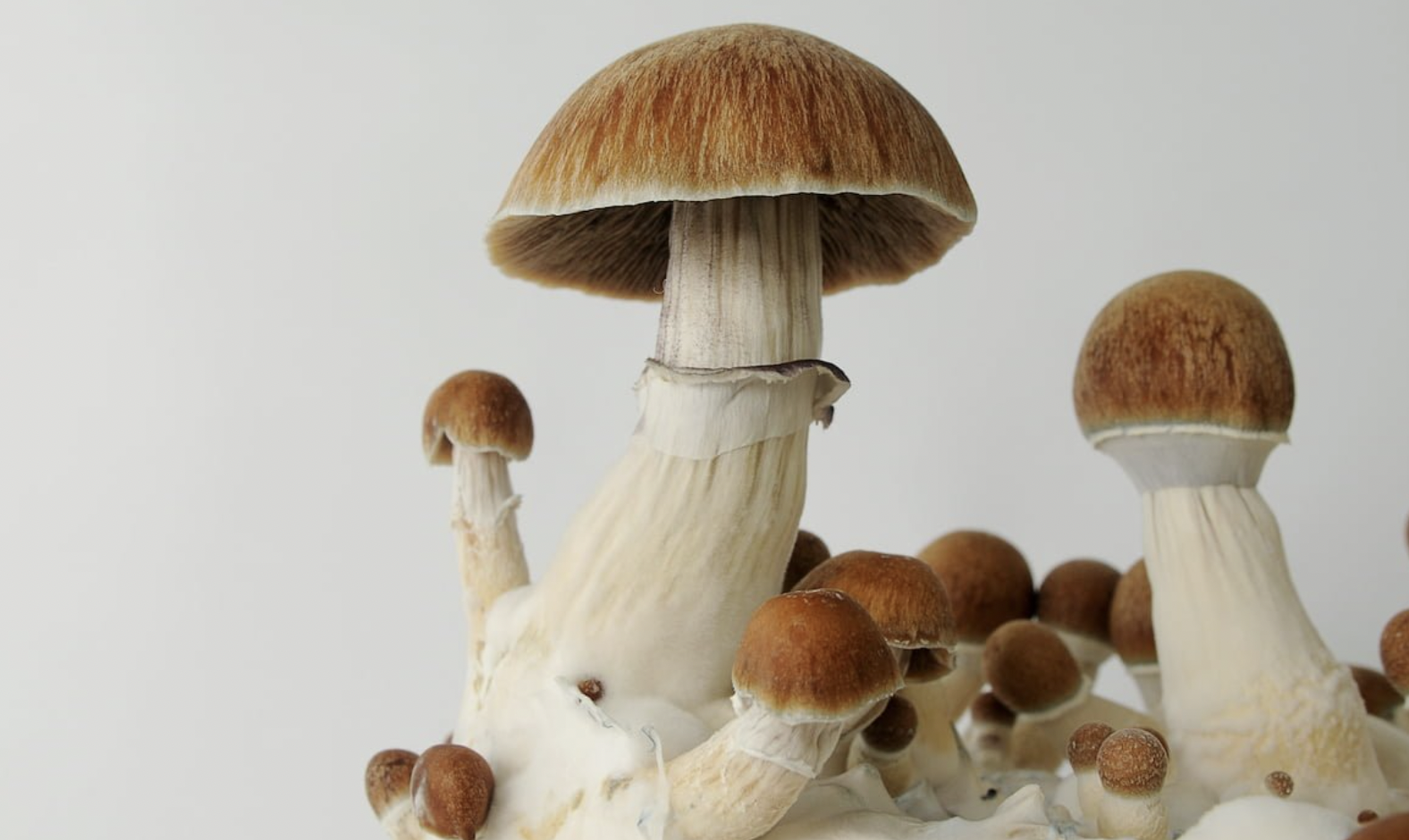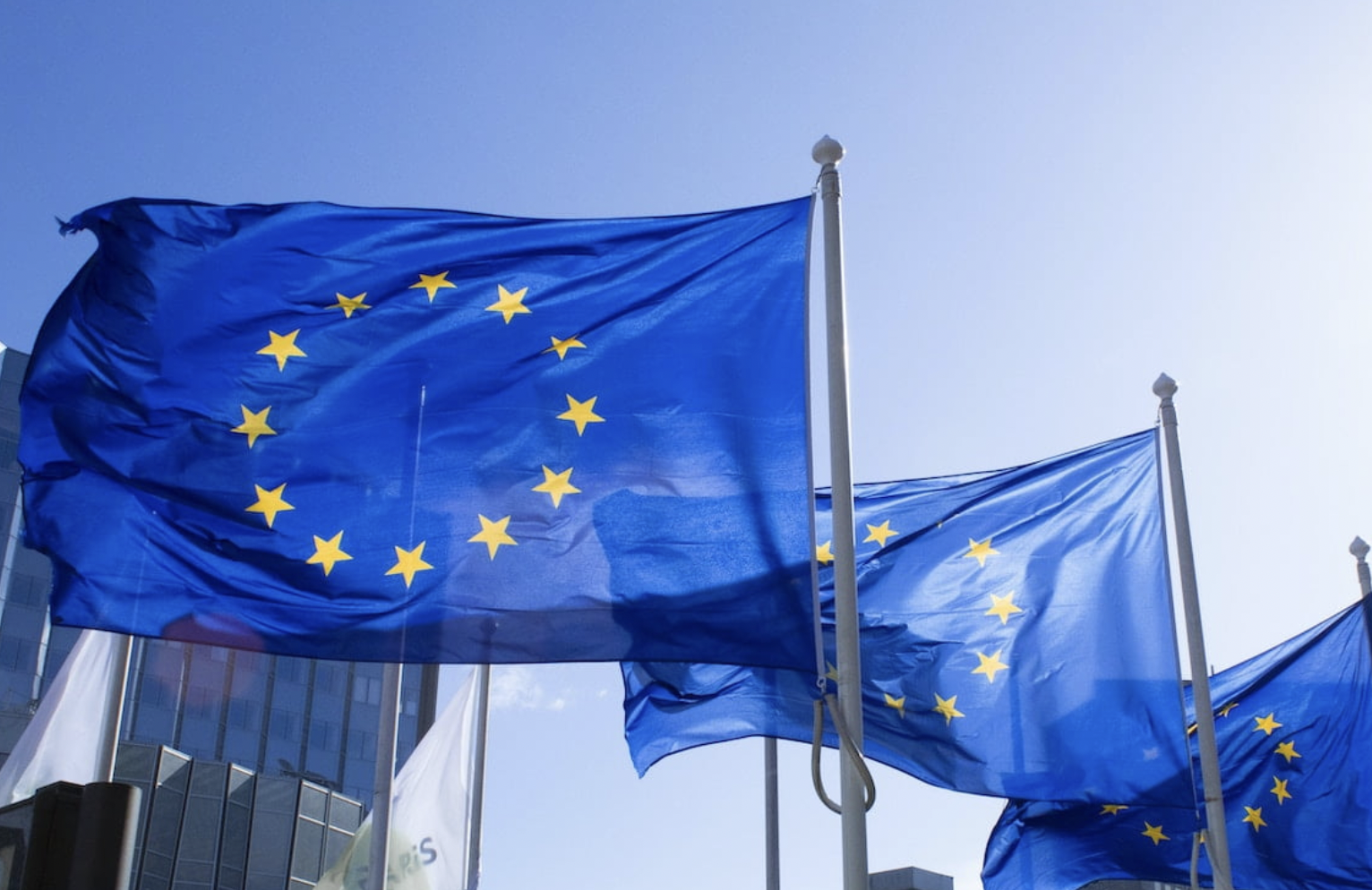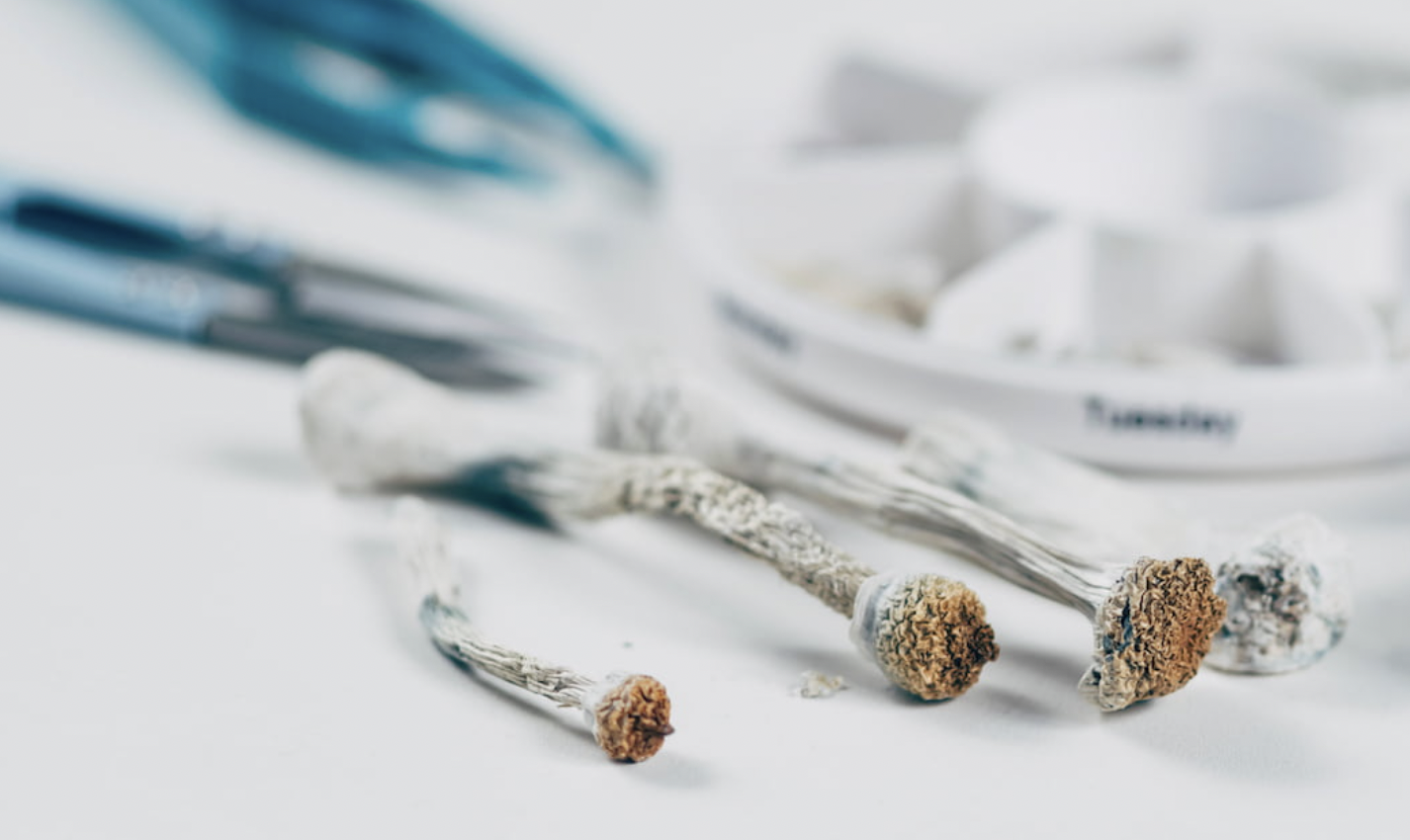Psilocybin versus escitalopram for depression shows positive results
Mounting evidence is increasingly pointing to psilocybin-assisted therapy as an innovative new treatment for the condition, with clinical trials showing that the therapy is capable of producing rapid and long-lasting antidepressant effects.
However, while clinical trials have investigated the treatment itself, they have not compared the treatment to the current gold standard in depression medications or looked at the long-term effects of the treatment.
This Phase 2 trial is the first to compare the long-term antidepressant effects of these two treatments alongside mental health measures including work and social functioning, connectedness, and meaning in life.
The findings, published in eClinicalMedicine, revealed that both administered treatments saw sustained improvements in depressive symptoms, however, patients who were administered psilocybin-assisted psychotherapy saw greater lasting improvements.
READ MORE

